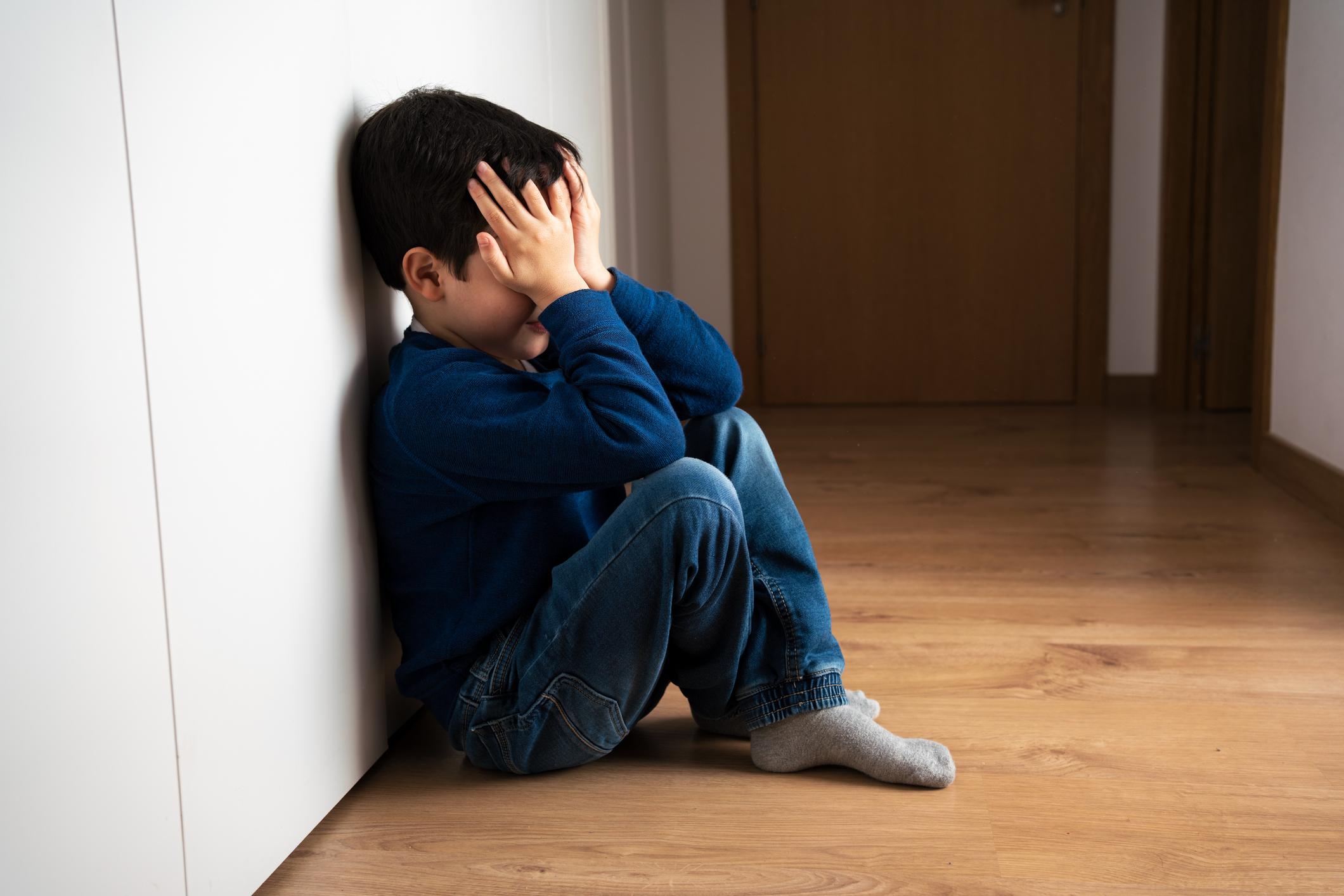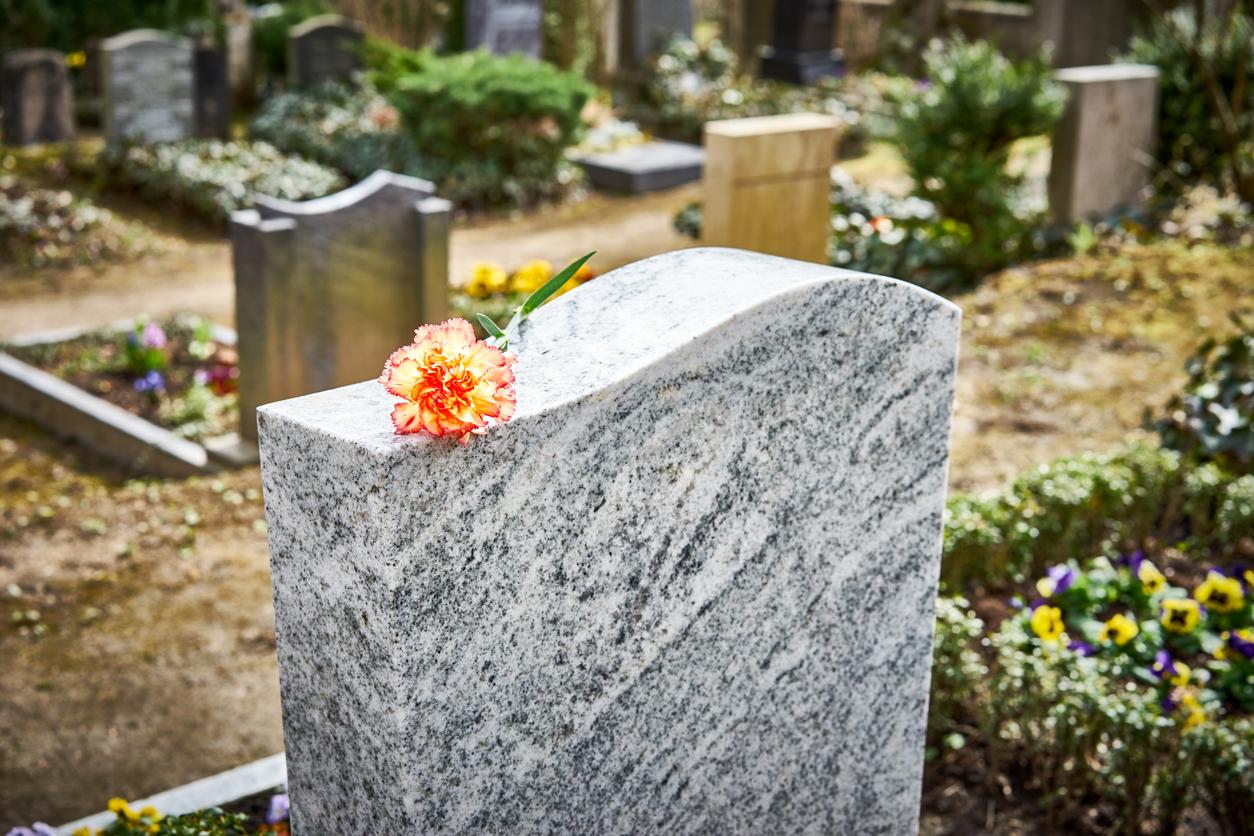Éric Bui, professor of psychiatry at the University of Caen, explains to us what “prolonged grief disorder” (PDD) is.

- Prolonged grief disorder (PDD) can be differentiated from normal grief because of its duration and intensity.
- 10% of people who lose a loved one due to natural causes develop PMDD.
- The current standard treatment for prolonged grief disorder is individual therapy in 16 sessions.
Why doctor – What is prolonged grief disorder (PMD)?
Eric Bui – Following the death of a loved one, a significant minority of adults experience such grief that their daily life remains altered over a long period of time (months or even years). Prolonged grief disorder (PDD) can be differentiated from normal grief because of its duration and intensity.
The Covid-19 pandemic and prolonged bereavement disorder (PDD)
How has the Covid-19 pandemic increased the risk of PMDD?
The Covid-19 pandemic has had a strong impact on the way mourning is experienced. Indeed, the unpredictable and sudden nature of the illness has often deprived loved ones of any possibility of saying goodbye to the deceased. For many, for example, it was not possible to go to the hospital or attend funerals. Furthermore, social support was often limited or distant. Recent studies have also shown that the intensity of acute grief in people affected by losses related to Covid-19 was greater than that related to other illnesses.
Estimates suggest that 10% of people who lose a loved one due to natural causes develop PMDD. This percentage, compared to the numerous deaths linked to the pandemic (more than 230,000 in April 2023), suggests tens of thousands of additional cases of PMDD which should appear in the coming months and/or years.
How can we take into account the resurgence of prolonged bereavement disorder?
What are the recommendations to take into account the resurgence of prolonged bereavement disorder?
As health care services risk finding themselves overwhelmed by the number of PMDD cases, it seems essential to raise awareness among health professionals and the general public of the seriousness of the situation.
Caregivers should also be trained to recognize the signs and symptoms of PMDD and be able to provide effective interventions. Efforts should particularly focus on the elderly, who constitute the population on whom the pandemic has had the greatest impact, and children/adolescents facing the loss of a loved one linked to Covid-19.
Finally, the search for medications adapted to prolonged grief disorder should be encouraged because, to date, pharmacotherapy remains insufficient. However, there are many avenues to explore, particularly to target comorbidities such as depression.
When should prolonged grief disorder be treated?
As early treatment of PMDD can help prevent chronicity of pain and improve the quality of life of those affected, patients should be encouraged not to be alone and to seek help. The standard treatment at the moment is an individual therapy in 16 sessions which has recently become available in France.

















